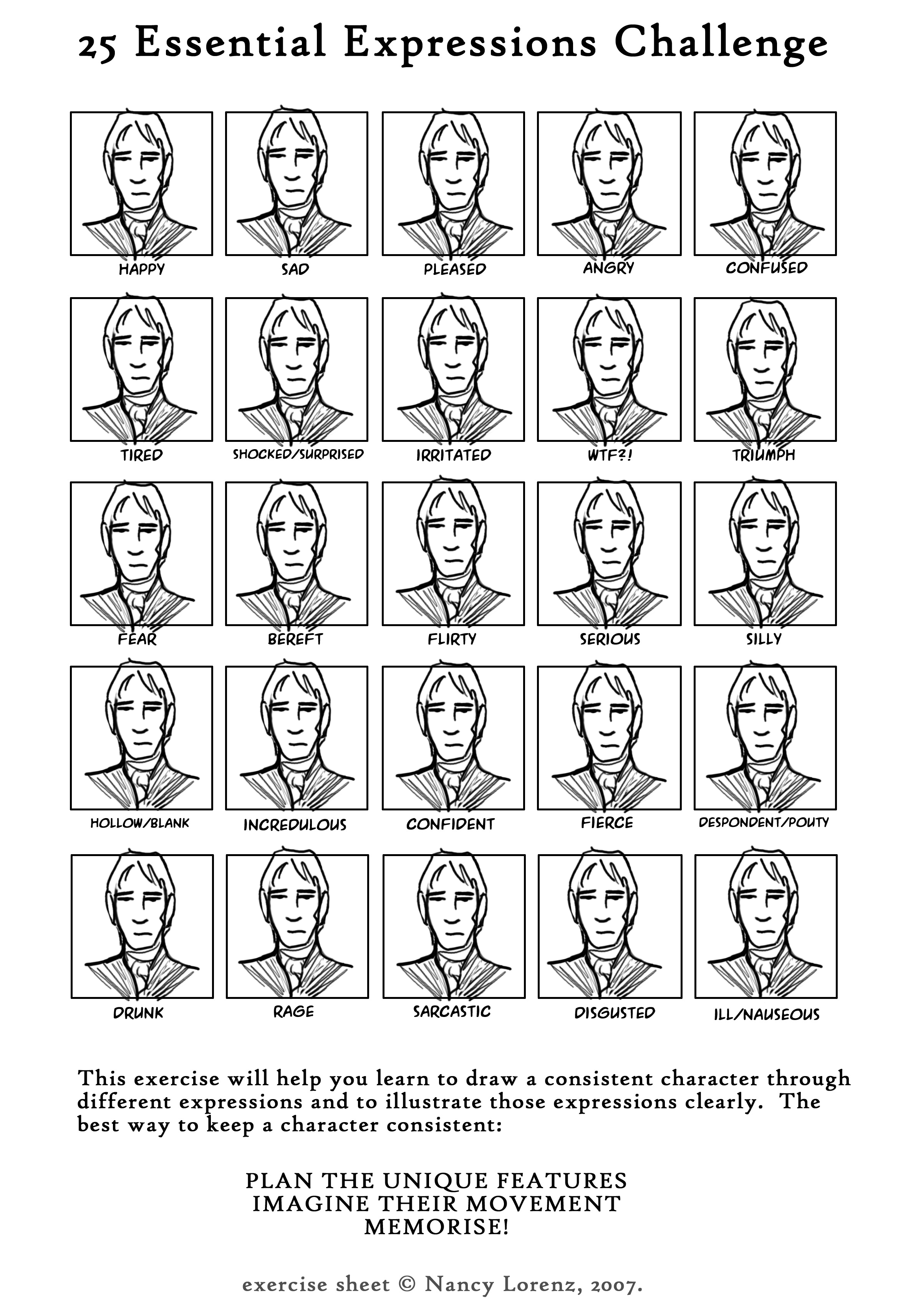This entire post is going to be a deconstruction of the title.
'In which' is not merely an informative phrase to indicate the contents of the post: it is a reference to the way
Diane Wynne Jones, amongst others, starts chapters in her books. Each chapter title doubles as a summary of the chapter, and adds amusing context, such as "In which Sophie talks to hats" and "In which Howl expresses his feelings with green slime."
By the way, I love my roommates. I wrote this while still in Victoria, sitting in Starbucks. It had been a couple of years since I read Howl's Moving Castle, and I'd forgotten whether the introductions to the chapters were the chapter titles or separate headings. Google searches and Google Books and Amazon and Kobo were all turning up blanks: all I wanted was the first page.
Both of my roommates are bibliophiles who don't get rid of their books, so I just got on Skype and asked out of the blue whether they had a copy and asked them to check for me. Only one of them had a copy, but between them they both had a copy and knew what I was looking for and were able to answer without checking, and then able to link me to the
TVTropes page discussing the wider use of the convention.
It is stylistically striking enough to stick with a reader, and allusion to it both establishes formal context and informal social context: by title this post in this way I am affirming that I read, that I read for fun, and that I retain it and consider it important to the way I interact with the world. Using descriptive titles, particularly with the 'In which' format, is language that establishes personal context as well as the explicit context inherent in a descriptive title.
Seem like a lot to try to communicate with two words?
Yeah. And I'm not done!
The title of this post is first-person. Normally, descriptive titles are presented third-person. Using first person here does a couple of things:
- Establishes that this is a meta-contextual post examining the linguistics involved in addition to participating.
- Avoids referring to myself in the third person, which is awkward at best and impenetrable and pretentious at worst.
- Let's me avoid choosing which name to refer to myself as: I go by Eileen because it is my name and using anything else in an even semi-professional setting would feel really weird. But I also answer to Chiomi, which is a nickname I've had since high school and still go by among close friends. I am also called PK in some writing contexts, as an abbreviation of phantomkitsune, the username I win stuff under in Adam's contest. On the website where I am known as PK, I've made several contacts with people who've become good friends and with whom I discuss writing a great deal. Using first person lets me bypass that issue completely.
Now to the verb. I used 'talk' as opposed to 'discuss' or 'write' because, given the dearth of comments here and the fact that I'm mostly unpacking a sentence, discussion does not seem a sure thing. 'Write' I discarded because the tone I use in my blog is a lot closer to the tone I use in casual speech than what I would use in an essay. Pontificate, which would have served just as well, was discarded because of reasons.
The preposition, I feel, is reasonably straightforward and does not require exposition.
Memetic density has to be addressed as a compound to make sense. A
meme is a unit of culture. For example, I have an extremely pedantic coworker, through whose influence all of us who work with him have become more linguistically precise. I have on more than one occasion called him a memetic disease because of this effect. So memetic density is how many ideas are communicated by a word or phrase. Memetic density and the effectiveness thereof is, fairly obviously, culture-dependent. I was able to understand a fair number of the references in Terry Pratchett's
Soul Music because my dad introduced me to classic rock. If I didn't have that context, I would be missing a lot of the references in the book. The memetic density would be lost.
Knowyourmeme.com is one of the best resources for making sure that modern references aren't lost, because it catalogs widespread memes.
As this entire post suggests, a lot of meaning can be conveyed in a few context-specific words. It's just a matter of knowing the context.
Note: thoughts like this are why it takes me forever to finish many of my writing projects.
